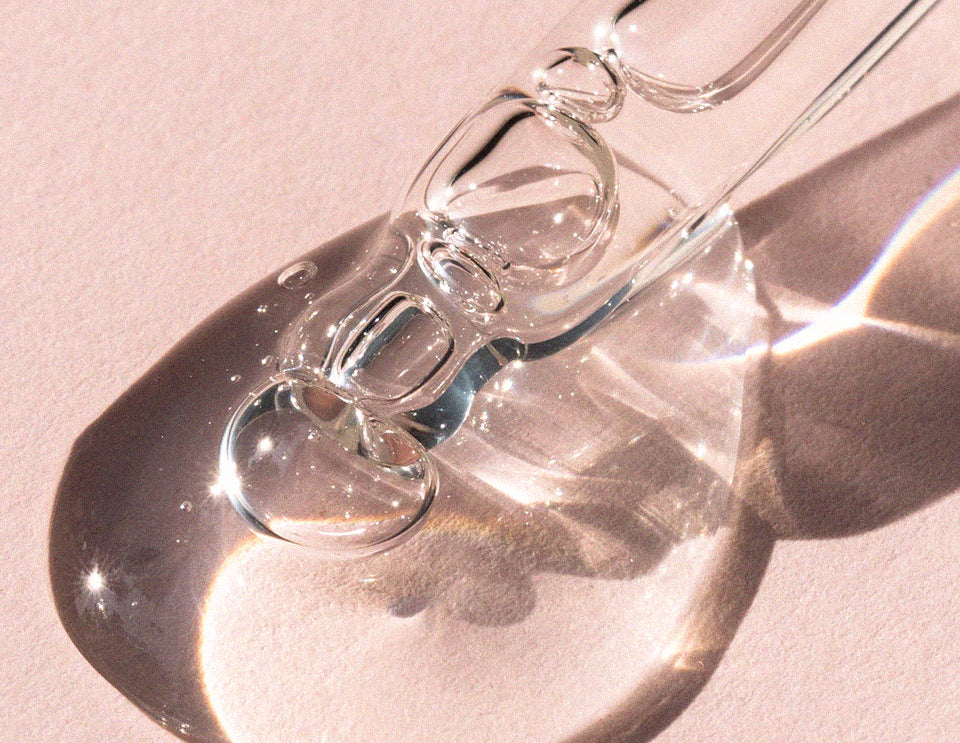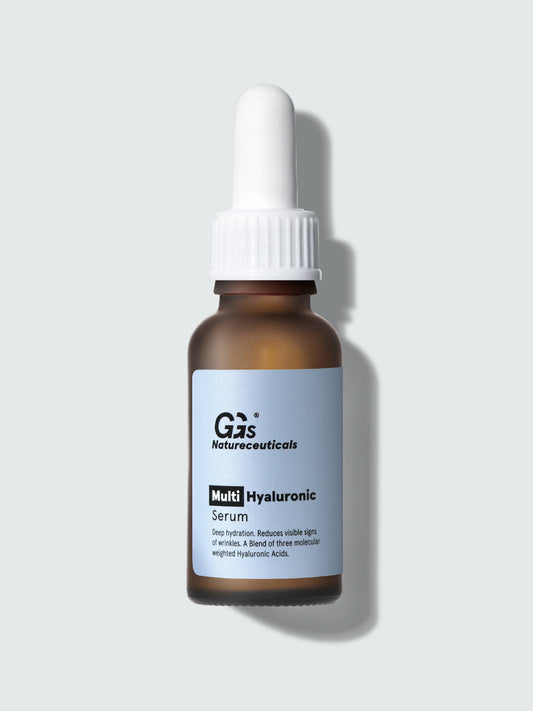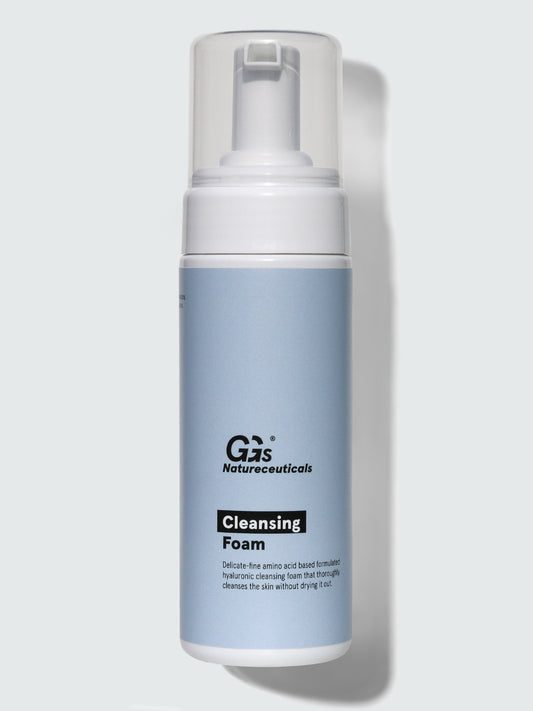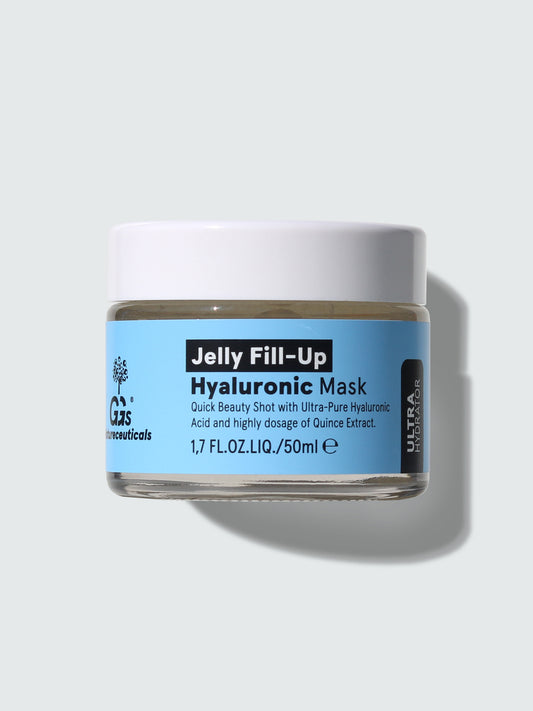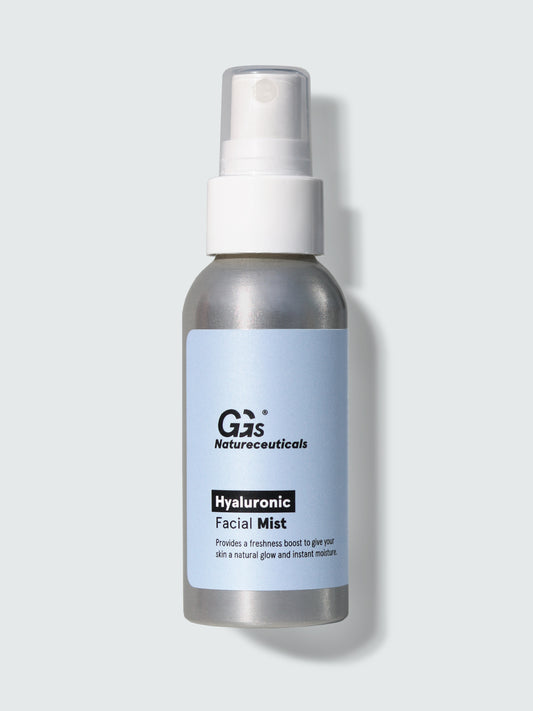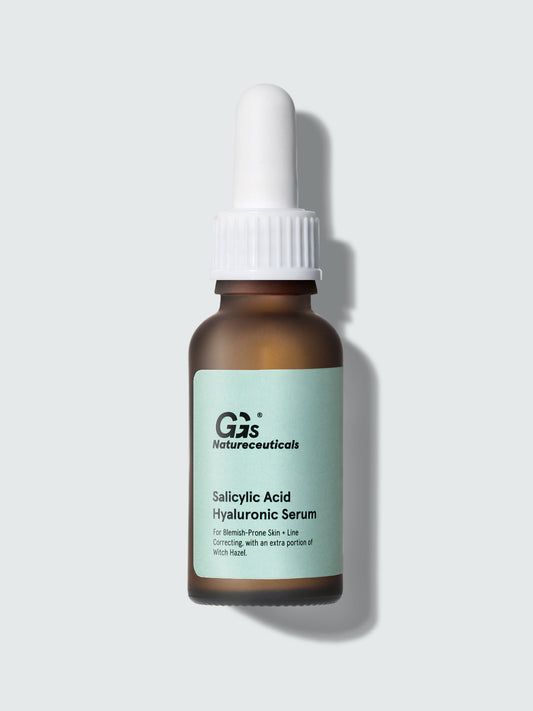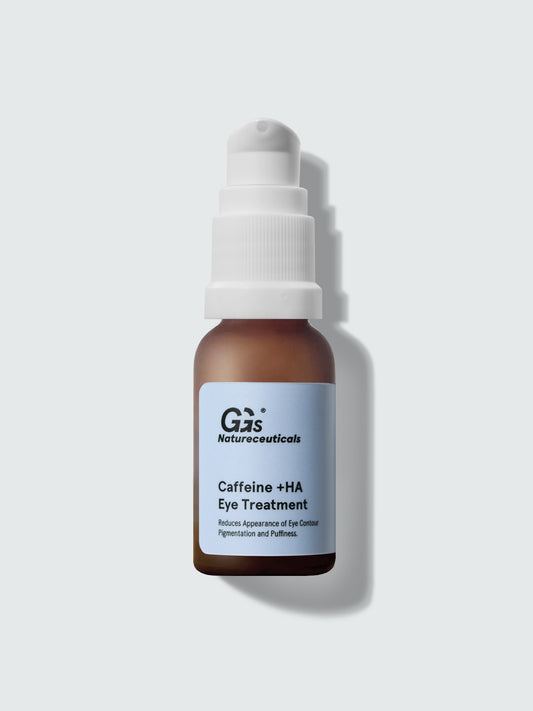What is Hyaluronic Acid? Why do Humans Need Hyaluron?
Hyaluronic acid is a natural compound found in our bodies, playing a crucial role in maintaining the moisture and structure of our cells. It is a key component of the extracellular matrix, a network of various molecules such as collagen and proteins that support surrounding cells. It is present in and between almost all body cells, acting as a biochemical and mechanical multitasker. In our bodies, hyaluronic acid fulfills a multitude of functions: it contributes to moisture regulation in the eyes, acts as a lubricant in the joints, supports wound healing, and helps reduce inflammation.
However, the largest proportion of hyaluron in our body - about 50% - is found in our skin. Thus, hyaluronic acid plays a significant role in skincare. In our 20s, the body's own production of hyaluronic acid begins to decrease. By the late 40s – naturally also depending on genetics, lifestyle, and environmental conditions – our body produces only about half the hyaluronic acid compared to people in their 20s.
Numerous studies have shown that hyaluronic acid can help strengthen the skin's natural barrier function, provide good hydration, and improve elasticity, thereby reducing wrinkle depth or preventing wrinkles.
How Effective is Hyaluronic Acid?
To put it simply and briefly: Hyaluronic acid is extremely effective! It's proven as a natural substance that reduces the depth of wrinkles and smooths the skin's appearance. The skin is strengthened from within, resulting in a younger and more beautiful complexion. The effectiveness of hyaluronic acid is independent of skin type and works equally well for both women and men.
HA is also particularly important as a delivery system for active ingredients. When the skin is well-hydrated, other active ingredients can penetrate more deeply and remain in the skin longer. The deeper penetration of smaller molecules (from low molecular weight/short-chain HA) not only replenishes the skin's moisture reserves but also makes hyaluronic acid a penetration enhancer for other anti-aging active ingredients contained in the skincare product.

Why is Regular Supplementation of Hyaluronic Acid Important?
Hyaluronic acid, as an organic substance, is present in – and between – almost every body cell in varying concentrations. As such, it constantly rebuilds but also degrades, with different half-lives of 12 to 18 hours. This is significant because, in cases of skin undernourishment, such as in the skin aging process or with heavily stressed skin, HA must be continuously replenished due to this cycle of degradation and renewal..
Why Hyaluronic Acid and Natural Cosmetics Are a Perfect Match
Our products utilize high molecular weight (long-chain), low molecular weight (short-chain), and oligo-hyaluronic acids. The smaller the molecular weight, the better the penetration capability. Oligo-hyaluronic acid, being the smallest form of HA, can penetrate the deepest skin layers. Thus, if a serum contains short-chain or oligo-hyaluronic acid along with problematic components like fragrances, aggressive preservatives, or petroleum-based compounds, etc., these could also reach deeper skin layers..

Quellen:
PubMed - “Advantages of Hyaluronic Acid and Its Combination with Other Bioactive Ingredients in Cosmeceuticals”, June 2021
PubMed – “Benefits of topical hyaluronic acid for skin quality and signs of skin aging: From literature review to clinical evidence”, December 2022

